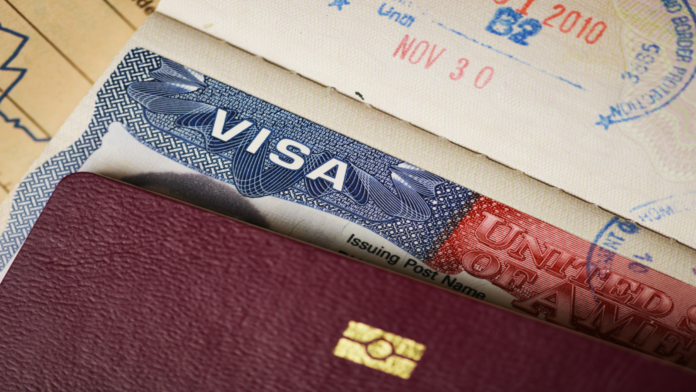International musicians touring in the US are facing new challenges due to a surge in visa fees. The recent increase in visa fees has created financial hurdles for artists looking to perform in the United States, posing significant challenges for the music industry.
The rise in visa fees comes at a time when the music industry is already grappling with various challenges, including the impact of the COVID-19 pandemic on live performances and revenue streams. For many musicians, particularly those from smaller or independent acts, the additional expense of obtaining visas can strain already tight budgets and make touring in the US less feasible.
Visa fees vary depending on the type of visa required and the country of origin of the artist. Musicians often need either an O-1 visa for individuals with extraordinary ability or achievement in their field or a P-1 visa for internationally recognized entertainers or members of internationally recognized entertainment groups. These visa categories allow musicians to perform in the US legally, but the associated costs can be prohibitive.
The increase in visa fees not only affects individual musicians but also has broader implications for the music industry as a whole. Many venues rely on booking international acts to attract diverse audiences and enhance their cultural offerings. With higher visa fees, venues may be less inclined to book international acts, leading to a decrease in cultural exchange and diversity in live music programming.
Furthermore, the surge in visa fees could impact the ability of US-based musicians to tour internationally. Reciprocal arrangements between countries often dictate visa fees for touring artists, meaning that US musicians may face higher costs when seeking visas for performances abroad.
In response to the challenges posed by the visa fee surge, advocacy groups and industry organizations are calling for greater support for musicians navigating the visa process. They argue that facilitating international cultural exchange through music benefits both artists and audiences and contributes to the vibrancy of the music industry.
Despite the obstacles presented by increased visa fees, many international musicians remain committed to sharing their music with US audiences. They see touring in the US as an essential opportunity to connect with fans, build their careers, and contribute to the global music community. However, finding solutions to the financial barriers posed by visa fees will be crucial in ensuring the continued vitality of international music touring in the United States.
In addition to the financial challenges posed by the surge in visa fees, international musicians also face logistical hurdles when applying for visas. The visa application process can be complex and time-consuming, requiring extensive documentation and coordination with US immigration authorities. Delays or denials in the visa approval process can disrupt tour schedules and incur additional expenses for artists and promoters.
Moreover, the increase in visa fees comes amid ongoing uncertainty surrounding travel restrictions and pandemic-related health protocols. Musicians must navigate evolving travel regulations and health guidelines, which can complicate tour planning and increase the risk of cancellations or postponements.
The impact of higher visa fees extends beyond individual musicians to the broader ecosystem of music professionals who support live performances. Tour managers, booking agents, sound engineers, and other industry professionals play crucial roles in facilitating international tours and ensuring the success of live music events. The financial strain imposed by visa fees can affect their livelihoods and the overall sustainability of the music industry.
As international musicians weigh the costs and challenges of touring in the US, some may opt to explore alternative markets or digital platforms for reaching audiences. Virtual concerts and livestreamed performances have gained popularity during the pandemic, offering artists a means of connecting with fans worldwide without the need for extensive travel.
Nevertheless, live music remains a cornerstone of cultural expression and community engagement, and the ability of international musicians to tour freely contributes to the richness and diversity of the music landscape. Addressing the affordability and accessibility of visas for touring artists is essential in fostering a thriving global music scene and ensuring that audiences continue to enjoy the transformative power of live music experiences.

